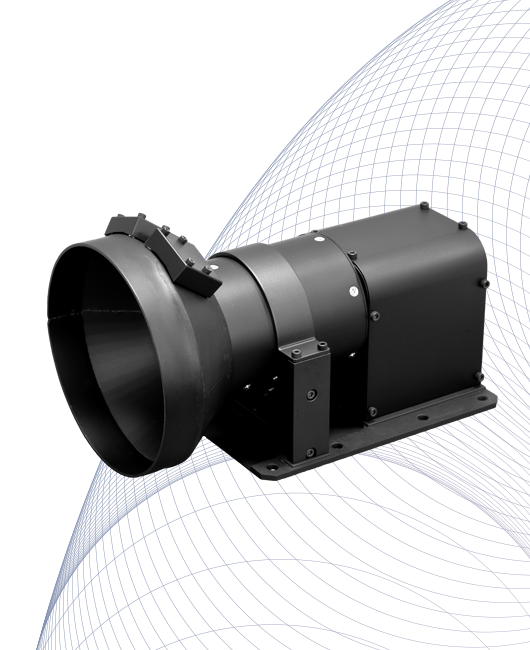blog
Tokyo-based startup Amanogi is shooting for the stars!
New cutting-edge technology and seed investments are helping to boost ambitious startups into the stratosphere. Amanogi, a team by enthusiast entrepreneurs, is developing a low-cost star tracker for satellites that might change the way we track the Earth!
Space startups might be one of the next big things in Japan. Over the last few years, space industry’s local impact has been growing rapidly, thanks to the ventures ranging from ANA-backed project Avatar X to award-winning startups such as ispace. With a new space business vision laid out by the Japanese government, the scale of the sector is expected to reach 2.4 trillion yen by the early 2030s.


When Amanogi CEO Yu Kudo graduated from Tokyo Institute of Technology with a degree in Electrical Engineering, little did he know that ten years later he would be on the brink of leaving his own name in the annals of space history. As a freshman, he spent the first years researching remote-controlled robots and visual recognizing technology at NTT Yokosuka R&D Center.
His skills and experience helped him to advance to the next level in a career at a semiconductor manufacturing company, one of the world’s leading providers of advanced abrasive tools and precision equipment.
Then he suddenly found himself switching gears and delving into space engineering with his next challenge at ispace. ‘While working at ispace, I developed a true interest in space engineering’, says Yu Kudo. By the time he decided to launch his own startup, Kudo already had the necessary skills and motivation up his sleeve.
Tokyo-based startup ispace has became a global best-in-class business, after developing a robotic rover Hakuto, capable of exploring and collecting data from the moon surface. The company’s prototype has been originally selected to compete in the $30 million Google Lunar X Prize competition, with an aim to put a spacecraft into lunar orbit.
In fact, Amanogi founder has had its eye on the space for a while, well before landing a job in the space tech startup he used to work for. As a natural outcome of being fond of observing the night sky through a telescope, he started to create his own constellation stories in a do-it-yourself planetarium. ‘I could make a starry sky but I wanted to see Earth from space. Besides, there was no way I would be picked to become an astronaut’, laughs Yu Kudo.
Any successful business depends on a key partner to grow. After the extensive research, Yu Kudo decided to ramp up ties with academia on developing a necessary component for satellite-based tracking missions. In a partnership with Yoichi Yatsu, Assistant Professor from Tokyo Institute of Technology, he developed a low-cost star tracker and Earth sensor from commercially available components. The star tracker has been installed on RAPIS-1 Satellite which was successfully launched by JAXA Epsilon-4 rocket on January 2019 from the Uchinoura Space Center in Kagoshima Prefecture.
Star trackers — parts that enable satellites to orient themselves in space — are a key component of a remote-sensing satellite for accurate observation, and yet there isn’t space component vendor of this type of products in Japan. Thus, Amanogi proposes an innovative approach balancing accuracy with power consumption, mass, and cost. Their compact and lightweight star tracker will assist in handling calibration observations, operation verification tests, and long-term performance monitoring during orbit.
The second component currently being tested at the orbit is a Deep Learning Attitude Sensor for real-time image recognition. It has two compact cameras which take 8-megapixel images of the Earth every 4 seconds using a high-speed, lightweight image identification algorithm. Sensor can recognize nine categories of landscapes such as terrains, deserts, oceans, clouds, and outer space.
Making satellites and launching into space requires a lot of time, resources and expertise, says Yu Kudo.
Startups like Amanogi could make satellites operation cheaper and less risky. It could also help with processing huge amount of satellite imagery on a daily basis. By revolutionizing earth imaging and communications, it will help to create an unprecedented database of the planet surface that could be used to improve maritime traffic or track moving objects.
